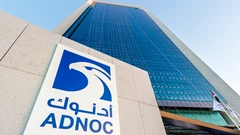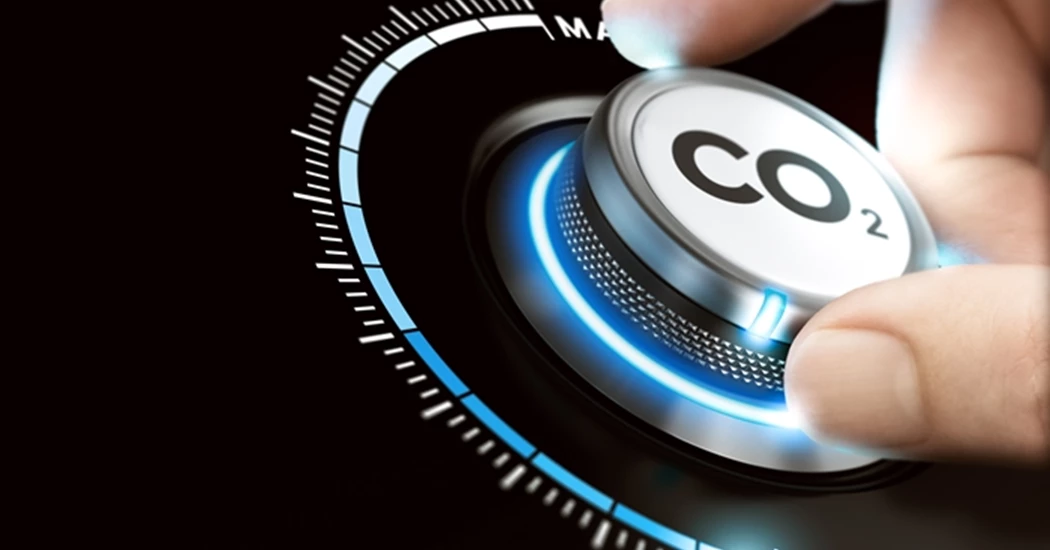DNV to set standards for crucial CO2 flow metre traceability and accuracy in CCUS
DNV, the independent energy expert and assurance provider, is at the forefront of a collaborative effort to establish standards for flow meter traceability along the CO2 value chain, ensuring accurate CO2 measurement in advancing carbon capture, utilisation, and storage (CCUS).
As global decarbonisation efforts intensify, the success of CCUS projects such as Porthos and Aramis in the Netherlands, Northern Lights in Norway, and Moomba in Australia hinges on precise measurements and billing for compliance with emissions reduction regulations.
Recognising the importance of this challenge, DNV launched a collaborative industry project in 2022 to conduct a thorough feasibility study on CO2 flow metering.
“By convening industry stakeholders to develop trusted guidelines, recommended practices, and standards, we ensure the reliable operation of critical assets and systems,” Prajeev Rasiah, Executive Vice President & Regional Director Northern Europe, Energy Systems at DNV, said in a press statement, adding that, “This involves setting operational limits and ensuring performance throughout the lifespan of industrial assets.”
Gaps in compliance
The study revealed significant gaps in demonstrating compliance with CO2 metrology for the EU Emissions Trading System (ETS) and other international regulations. The two major challenges are the absence of an officially recognised and traceable standard for measuring CO2 volume under dynamic conditions for gas, liquid, and dense phase CO2, and the lack of flow laboratories conducting research and calibrations under the necessary process conditions.
To address these challenges, DNV initiated CO2MET, a joint industry project (JIP) that brings together equipment suppliers, major Transmission System Operators (TSOs), and Exploration and Production companies (E&P) to establish traceable flow standards crucial for CCUS success.
The JIP is divided into two focused initiatives, CO2MET Gas and CO2MET LIQ. CO2MET Gas project is centred around gas applications and is expected to conclude in June 2024. Meanwhile, CO2MET LIQ focuses on conditions related to liquid, dense, and supercritical CO2, this project requires the design and construction of a new facility at DNV’s Technology Centre in Groningen to enable the development of traceable flow standards.
The current participants of CO2MET LIQ include Shell, TotalEnergies, Equinor, Gasunie, Santos, Inpex, and Gassco with initial results expected by the end of 2024.
“DNV’s Technology Centre in Groningen plays a pivotal role in tackling the challenges of CO2 flow metrology to advance projects related to CCUS," Rene Bahlmann, Head of Section for DNV's Technology Centre Groningen, Energy Systems at DNV said. “The facility is part of a network of Technology Centres that leverage our century-old experience in the maritime and energy sectors and combine deep industrial expertise with test capabilities to qualify and apply advanced technologies, thus driving innovation and standardisation."
KEEPING THE ENERGY INDUSTRY CONNECTED
Subscribe to our newsletter and get the best of Energy Connects directly to your inbox each week.
By subscribing, you agree to the processing of your personal data by dmg events as described in the Privacy Policy.
More technology news

SLB wins service contracts for all Petrobras offshore fields in Brazil

Energy efficiency is the decisive factor in electric motor choice, finds ABB research

SLB Capturi completes the world’s first industrial-scale CCS plant at a cement facility

ADNOC launches $80+ billion XRG for low-carbon energy and chemicals

ENEC and ADNOC to advance nuclear technology for energy efficiency

COP29 Presidency hosts inaugural Digitalisation Day

SLB launches Stream high-speed intelligent telemetry for drilling complex wells

Vici Energy joins the United Nations Global Compact

TAQA launches next generation inflow control technology
















